Innovative Schools are recognised for their inspiring work with a title, and encouraged to support other schools to follow in their footsteps.
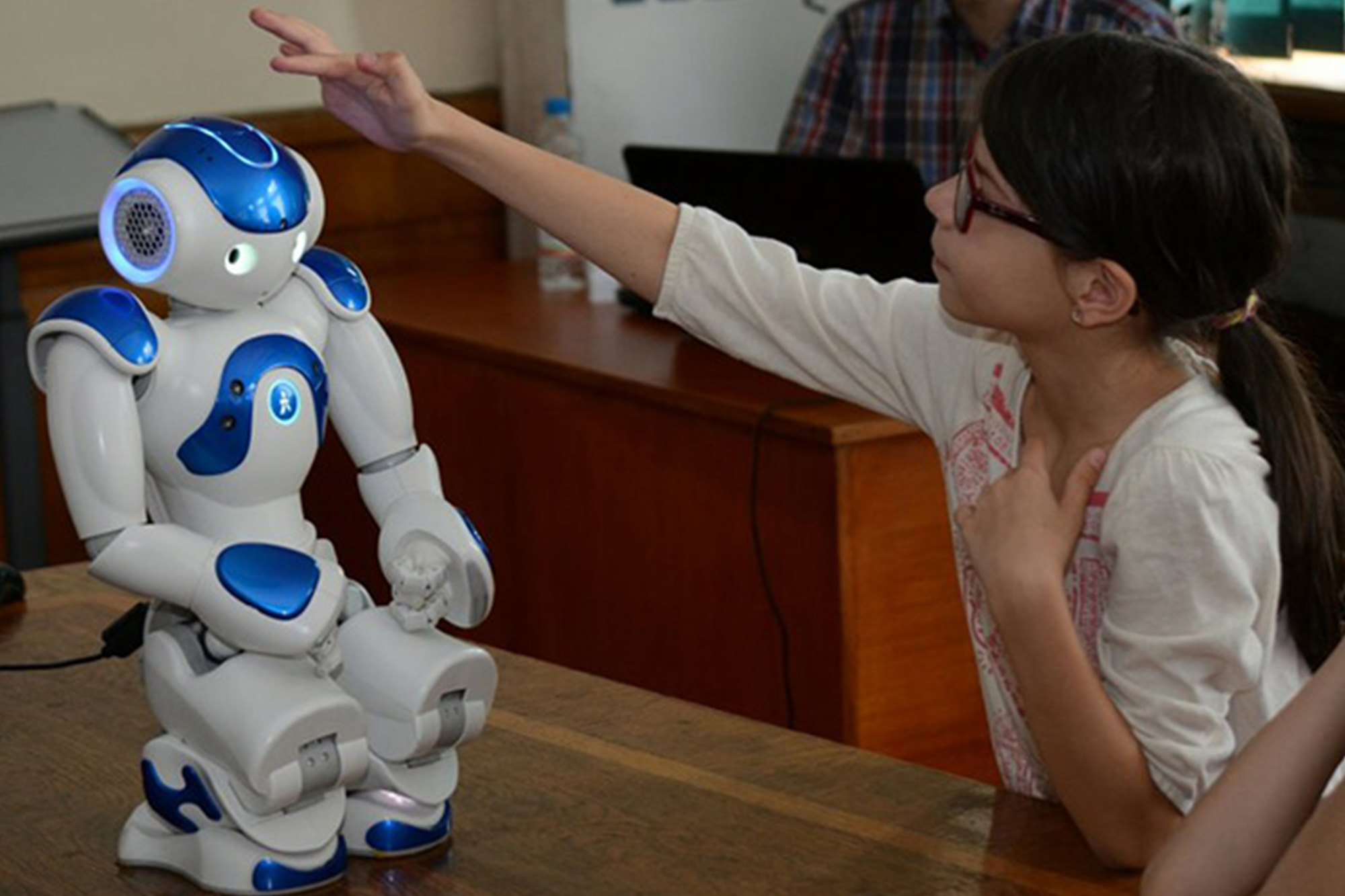

Innovative Schools are recognised for their inspiring work with a title, and encouraged to support other schools to follow in their footsteps.
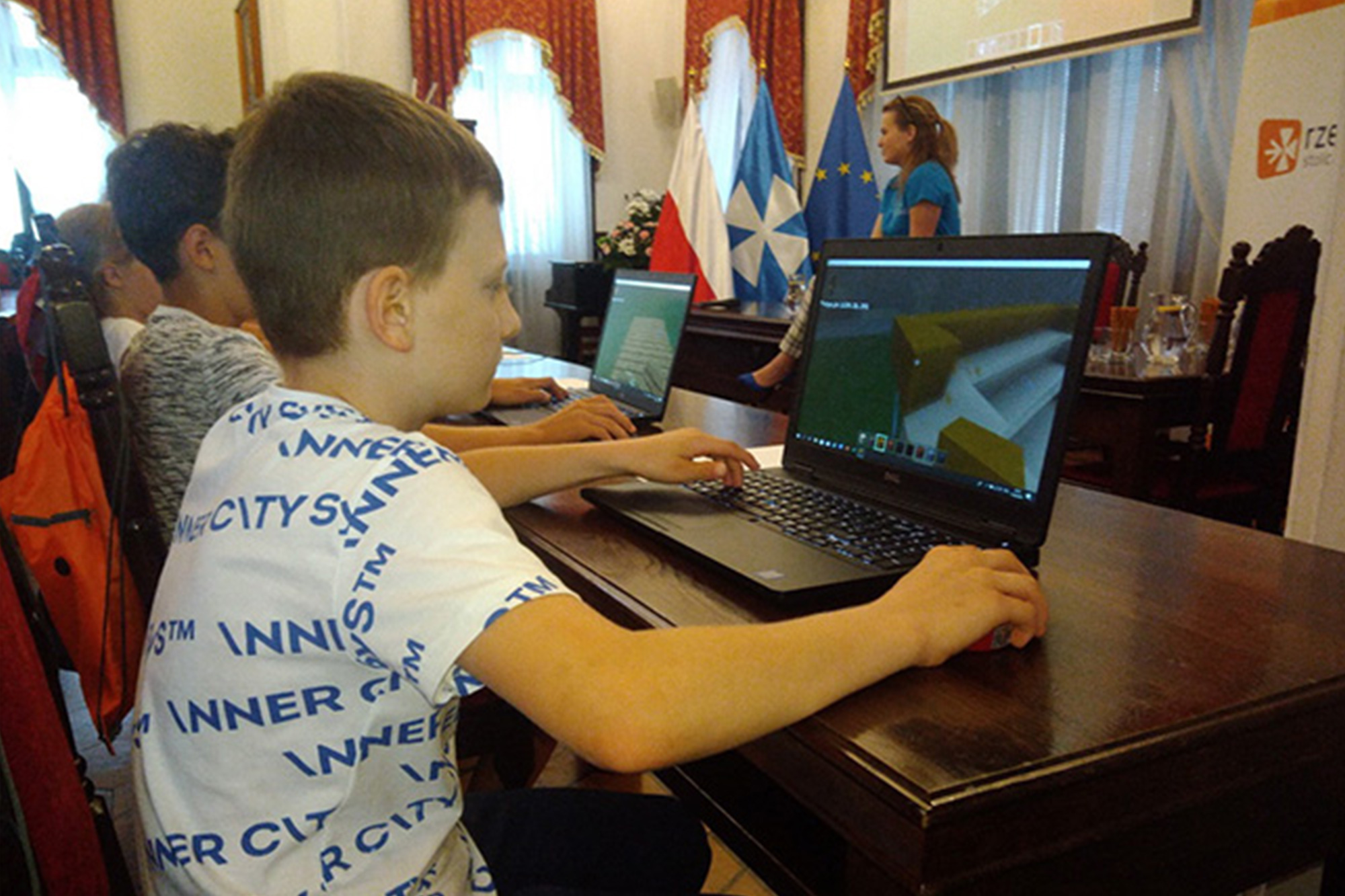
A computer game is used in a playful way to teach computer programming to children.
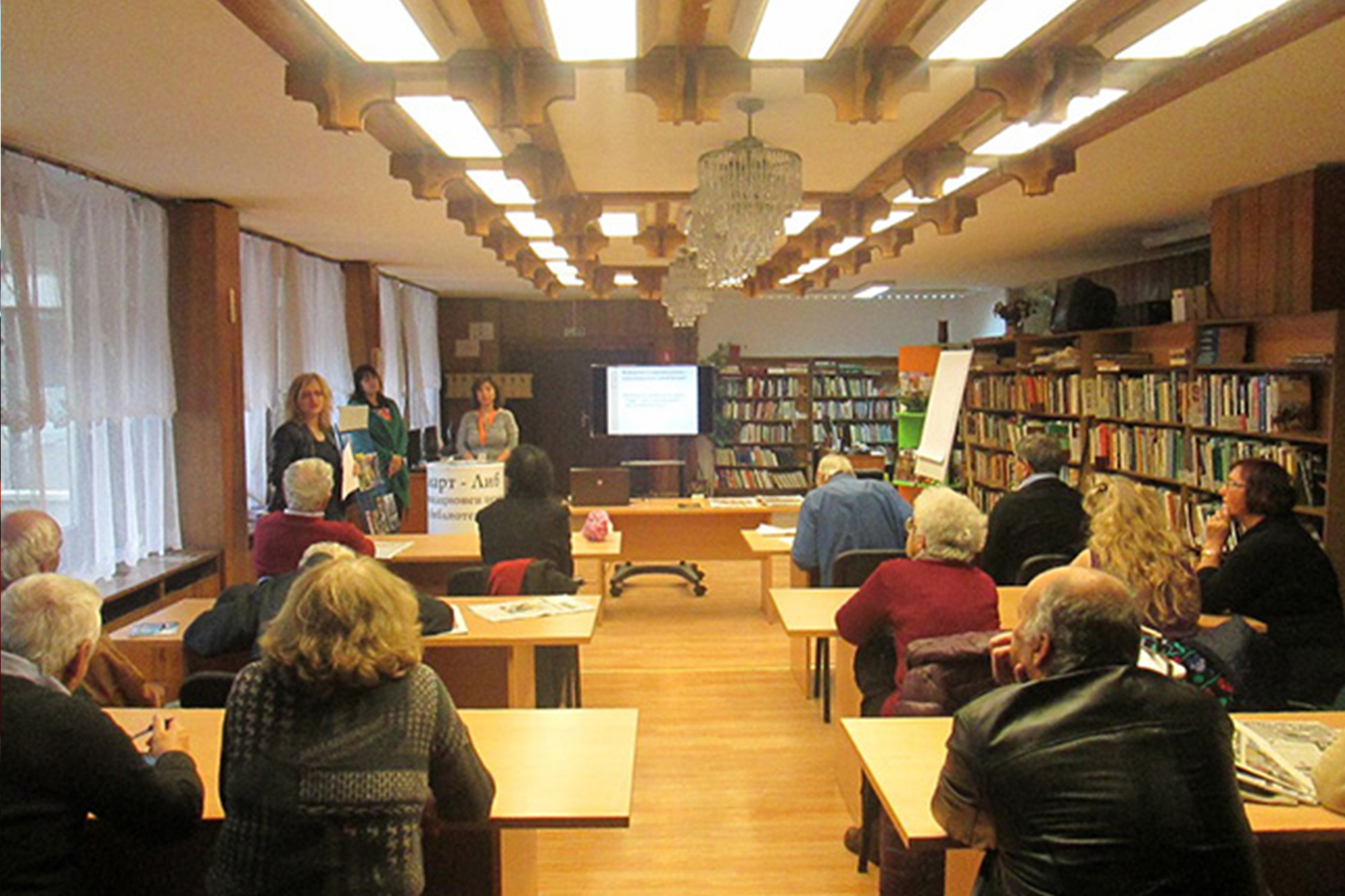
The mobile centre at the library of Vratsa reduces information isolation by providing computer literacy training for older people.
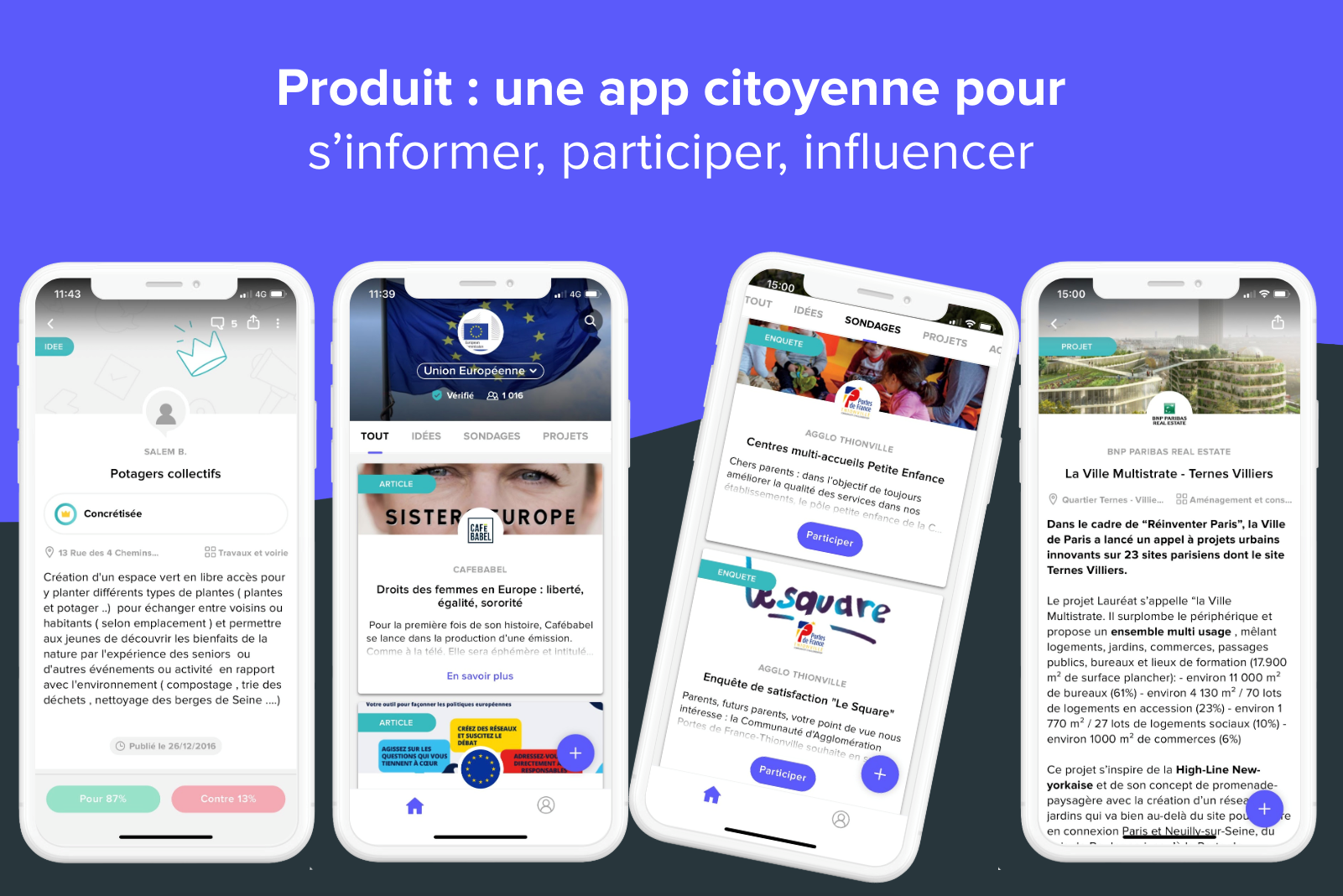
This transparent platform enables effective public participation in local governance.
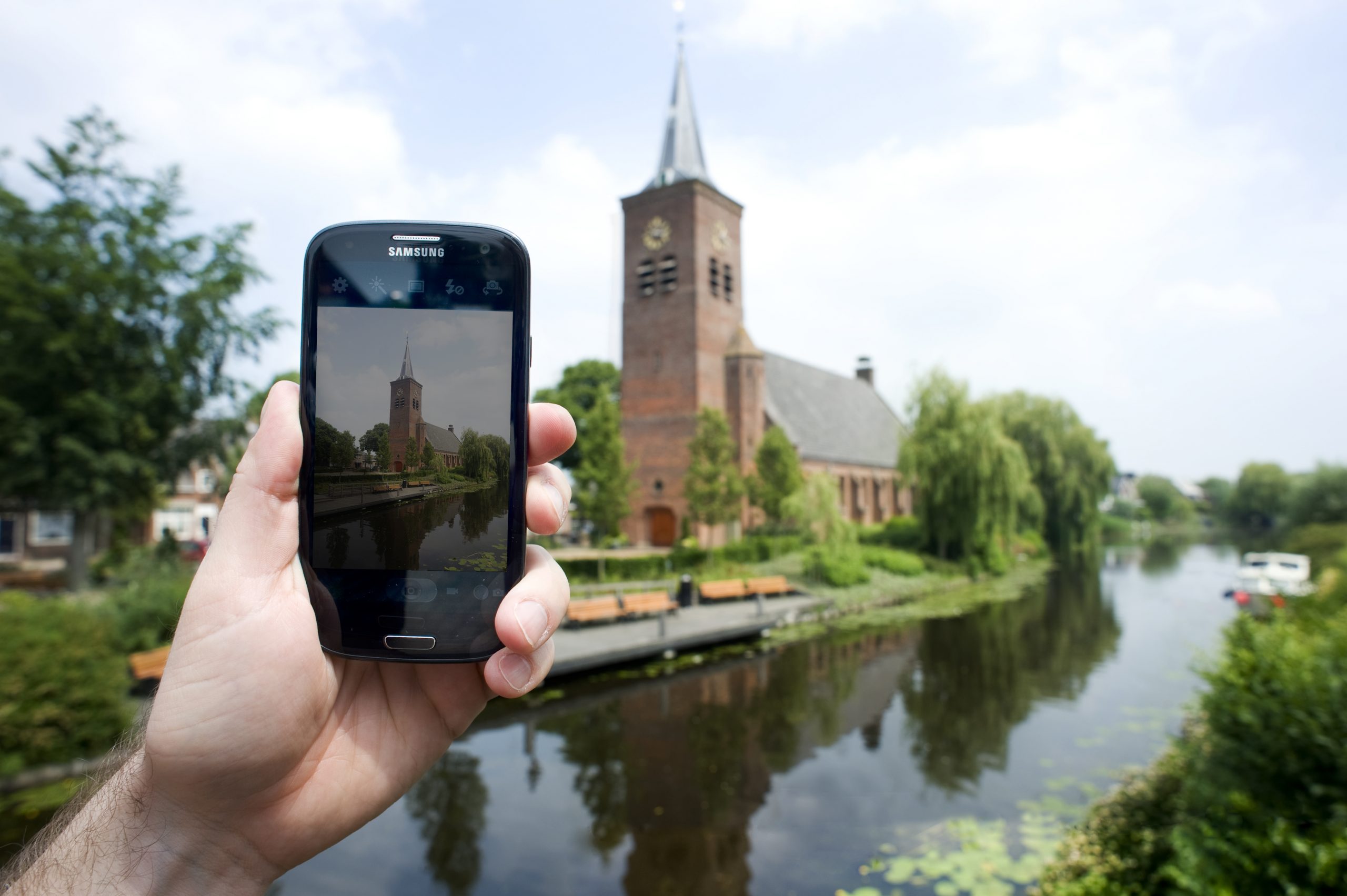
A decentralised town hall allows citizens to conduct municipal affairs online or in any physical location within the municipality.
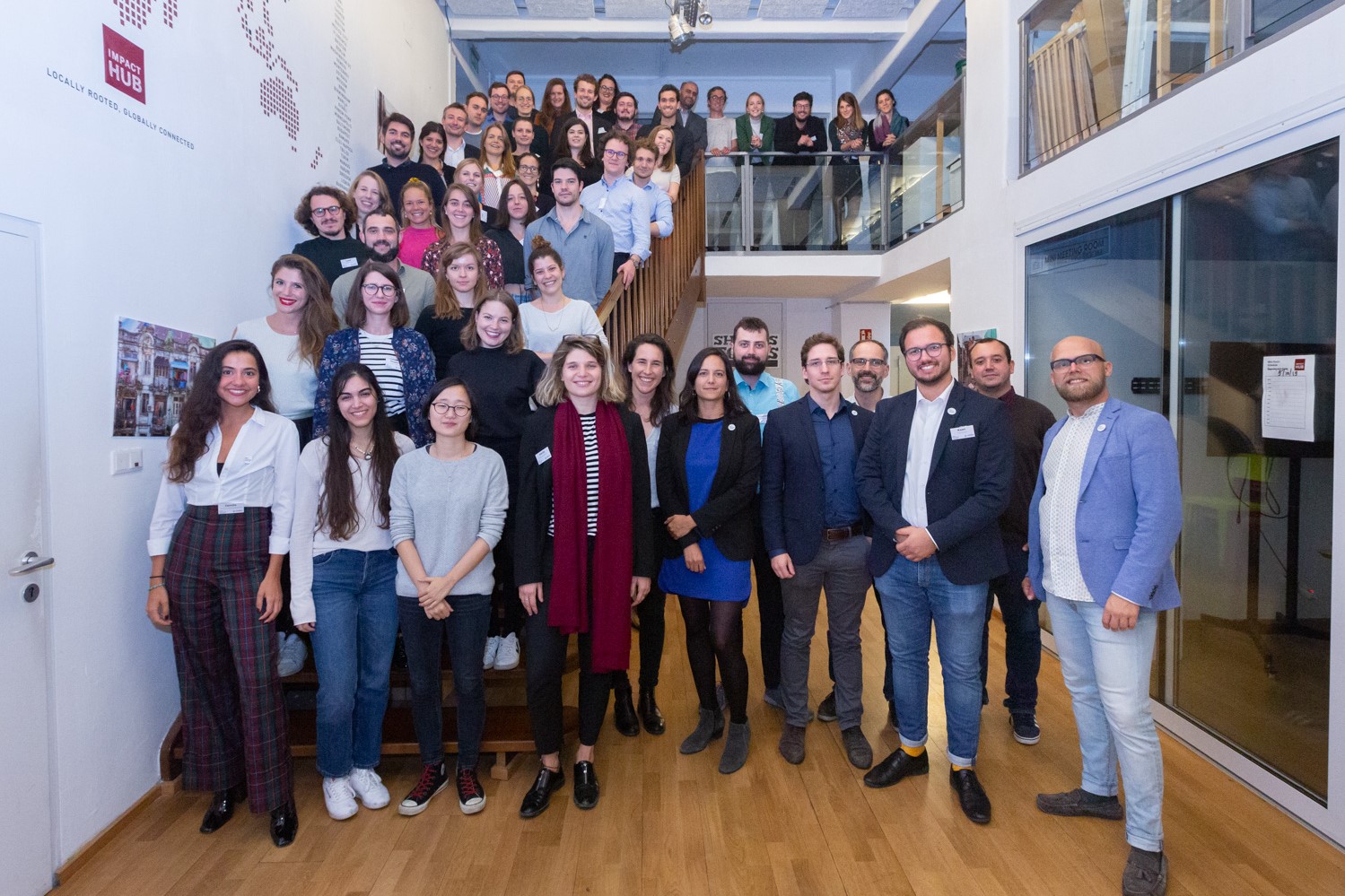
A transnational network of policy think tanks is set up with an open source digital platform.
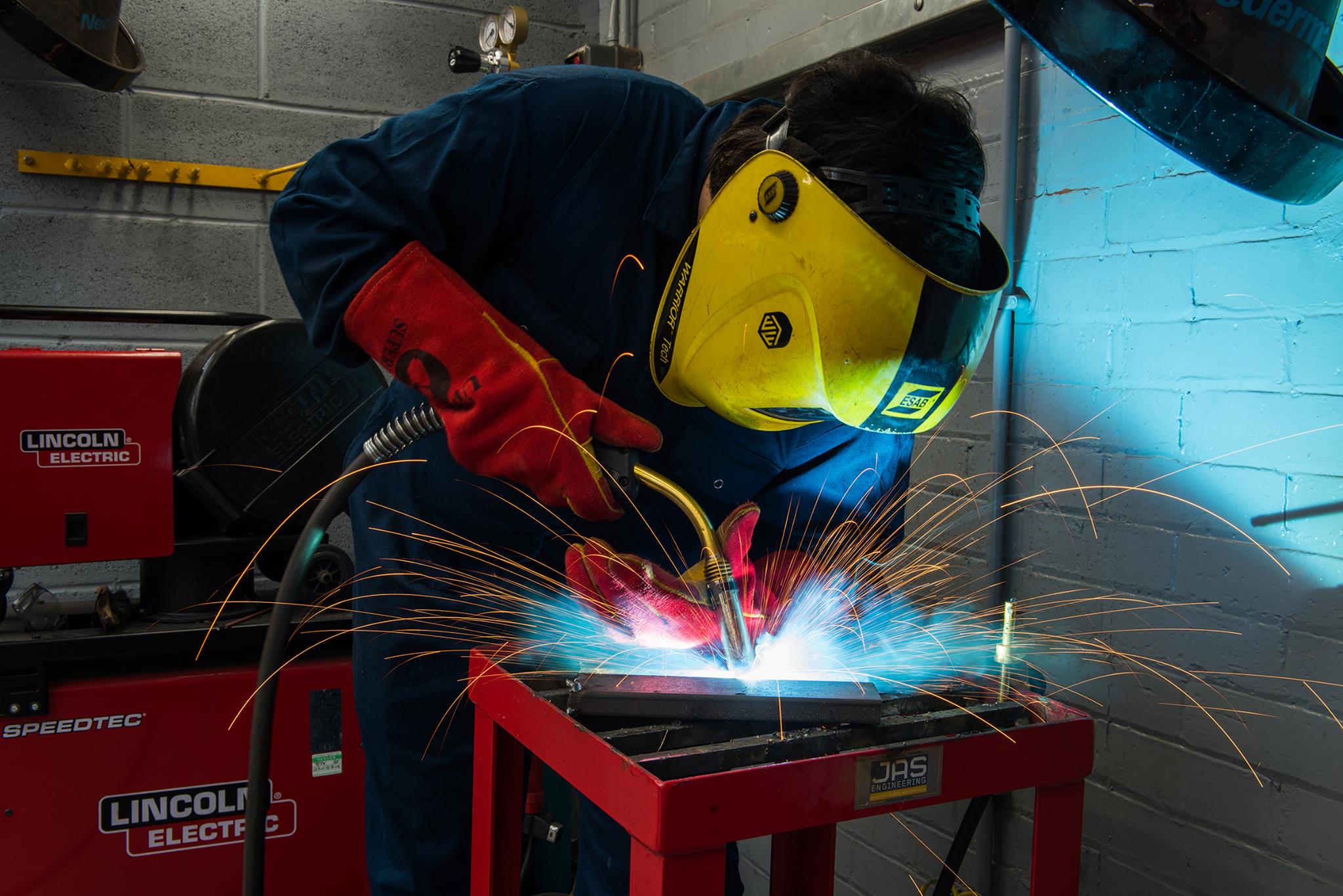
Be-More is an online platform which simplifies the search for a suitable apprenticeship in Liverpool.
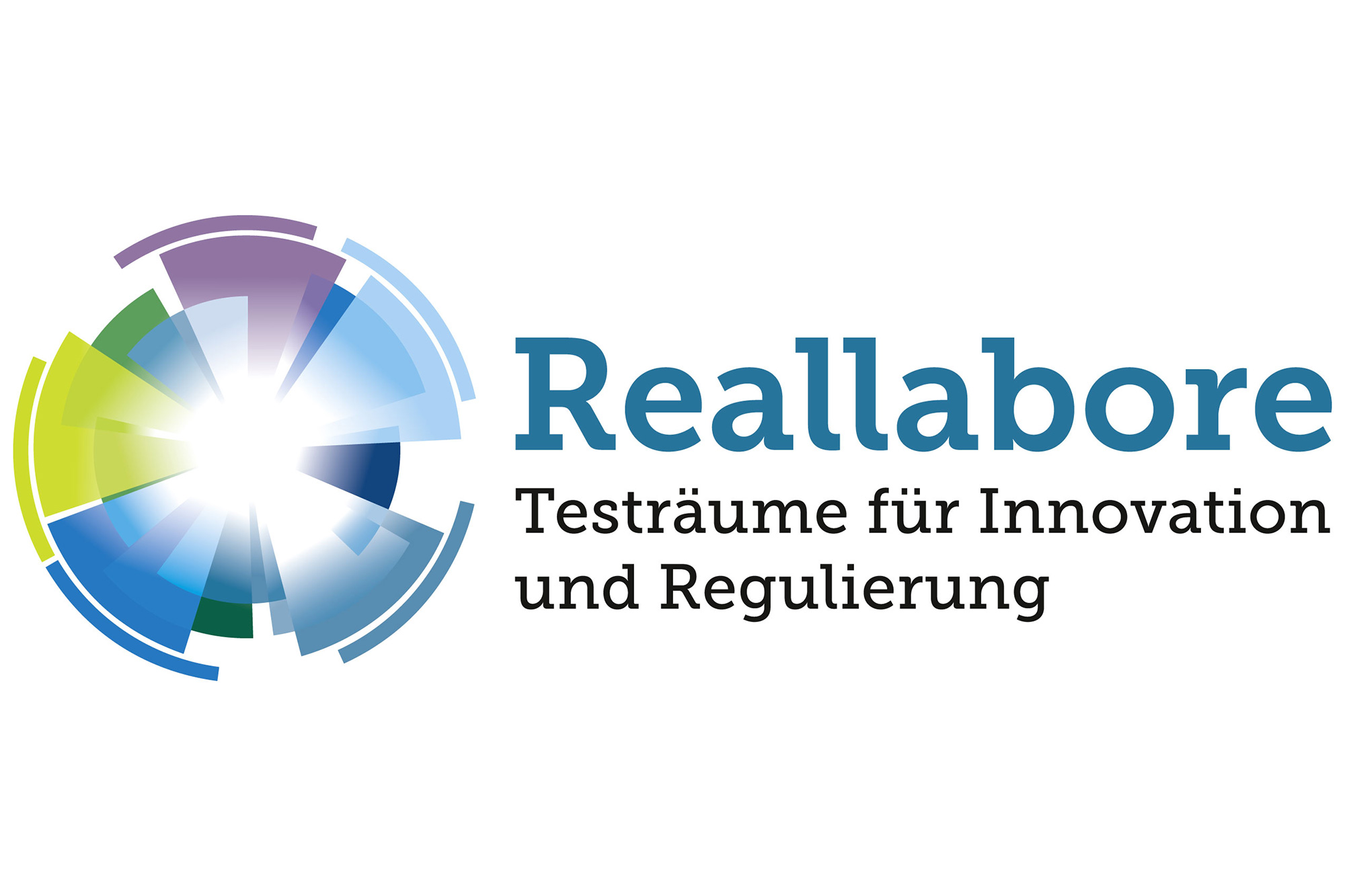
Innovation-friendly spaces are designed to test new digital technologies in real-life conditions, without risk to the public.
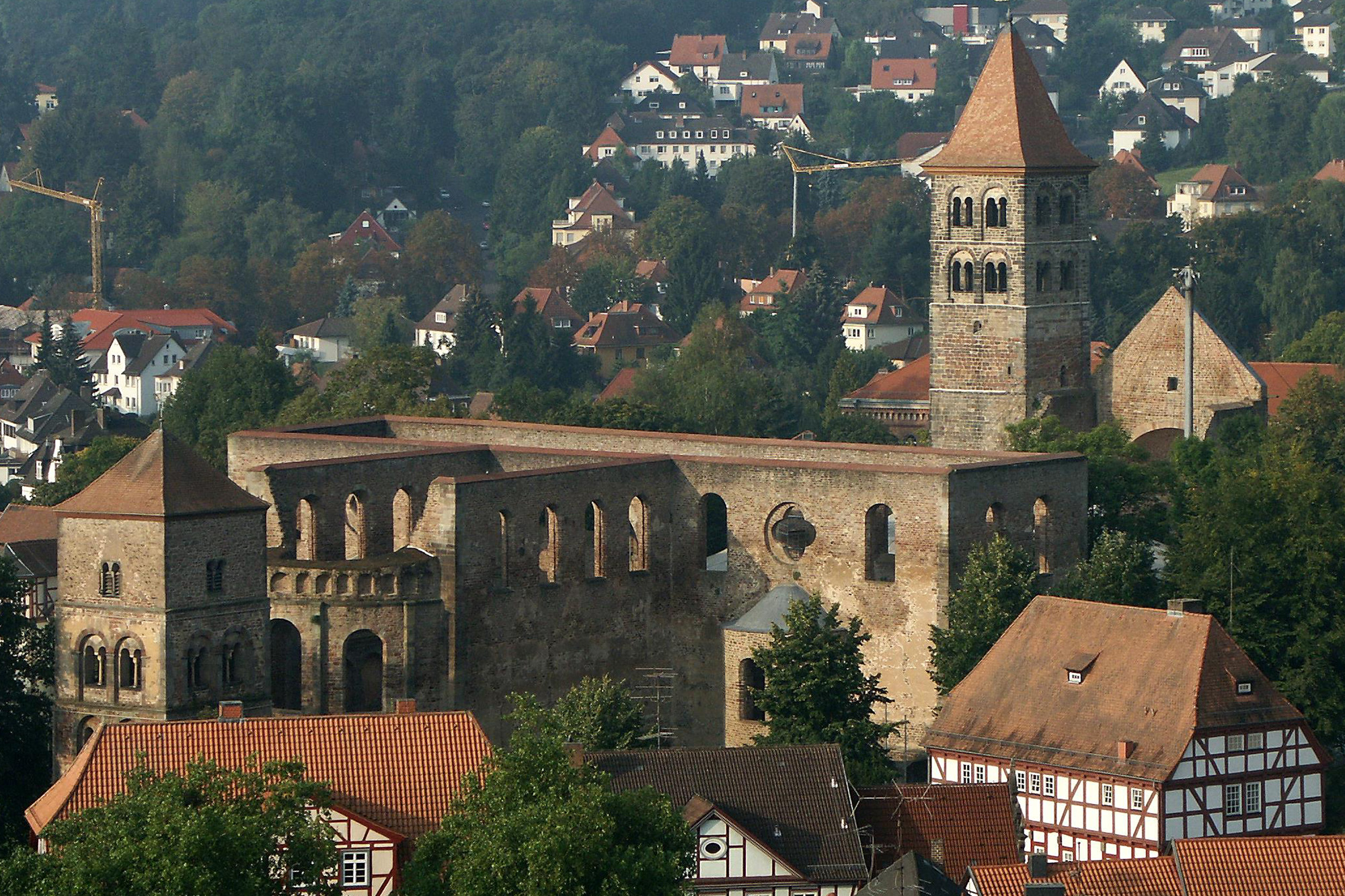
Technological innovations provide communication, environmental, and sustainable transport solutions which improve the quality of life for citizens.
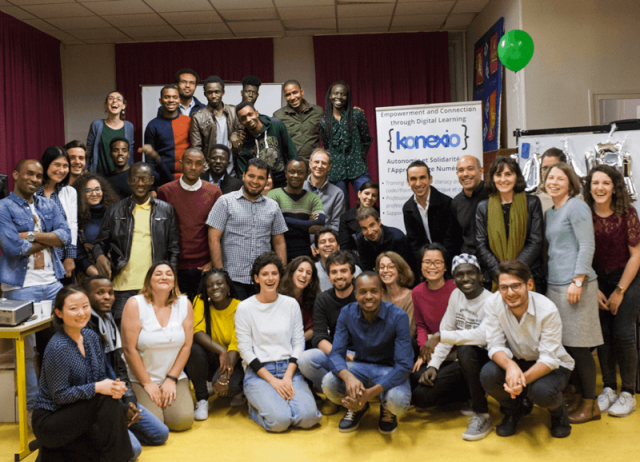
Training programmes in different locations in Europe and Africa empower disadvantaged groups through digital literacy, to overcome the digital divide and make earning an income locally possible.
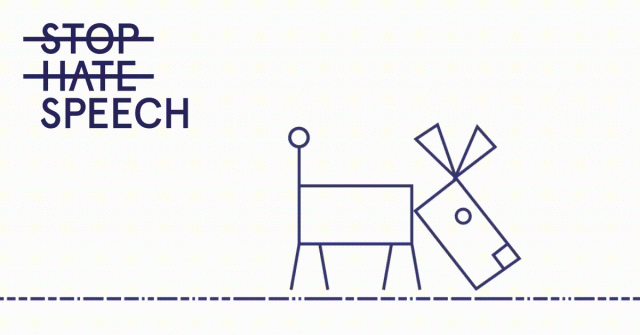
An algorithm takes the shape of a likeable dog and tackles the global problem of hate speech with a creative, local approach.
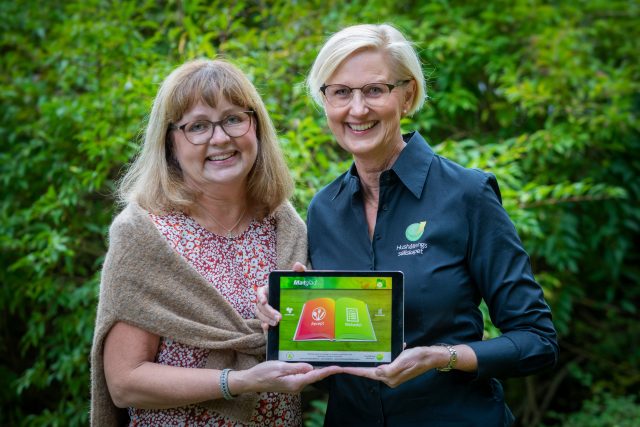
A simple cooking app for people with mental impairments helps them prepare their own meals to strengthen their self-esteem.
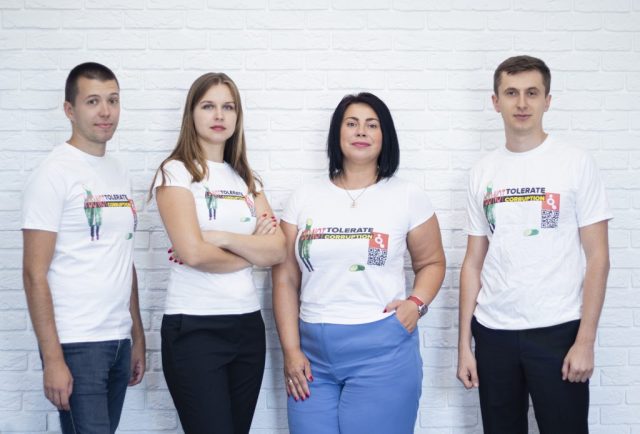
A platform connects people to crowdsource actionable data on corruption, offers training and educational activities, and helps find solutions and close legislative gaps.
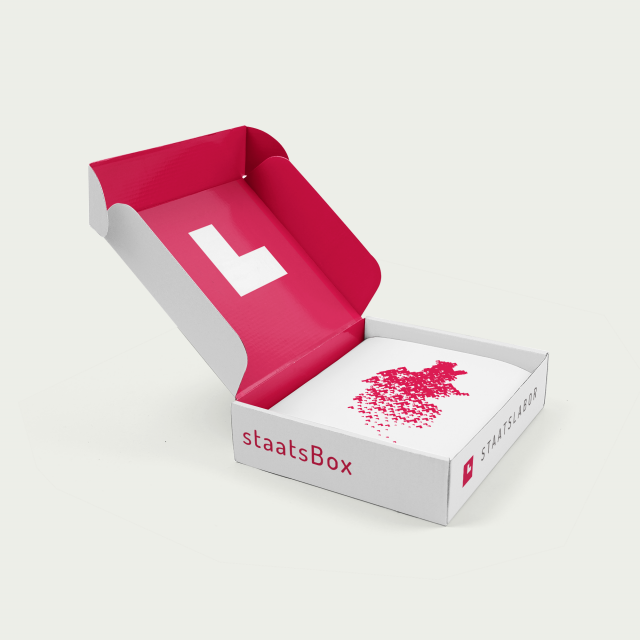
A non-profit social laboratory provides experts, resources, and a platform to bring innovation and resilience to the public sector.
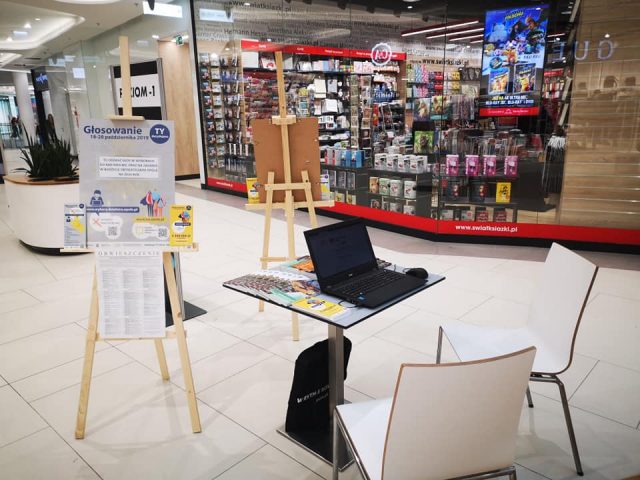
A highly intuitive electronic citizen platform allows the citizens of Opole to participate in municipal decisions, vote in district elections, and decide which tasks should be implemented in the city.
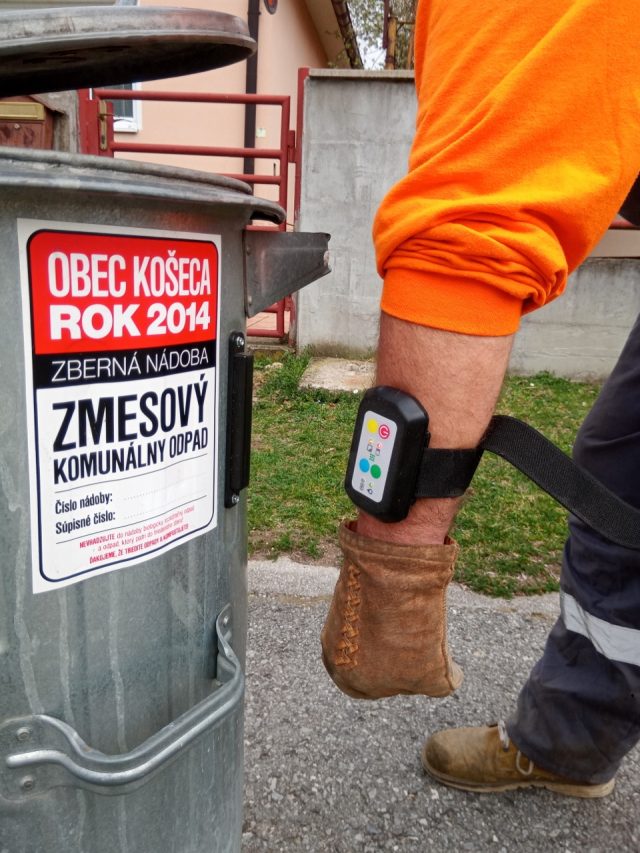
A modern data collection system encourages waste separation and incentivises recycling by reducing waste-collection fees.
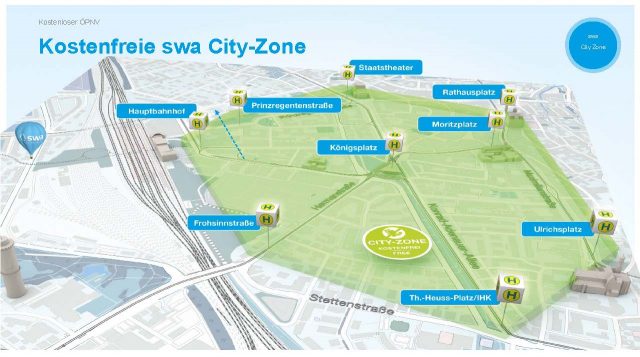
The City of Augsburg encourages the use of car-sharing, cycling, and public transport via a flat rate that provides a low-cost package for mobility at a fixed monthly price, on top of free public transport in the city zone.
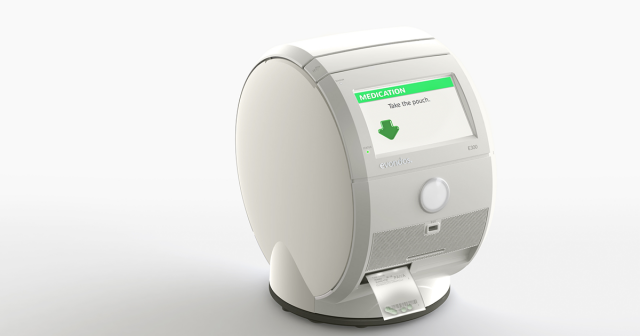
This project supports old people who wish to continue living in their own homes, by providing electronic medicine dispensers that periodically alert them to take their prescribed medication.
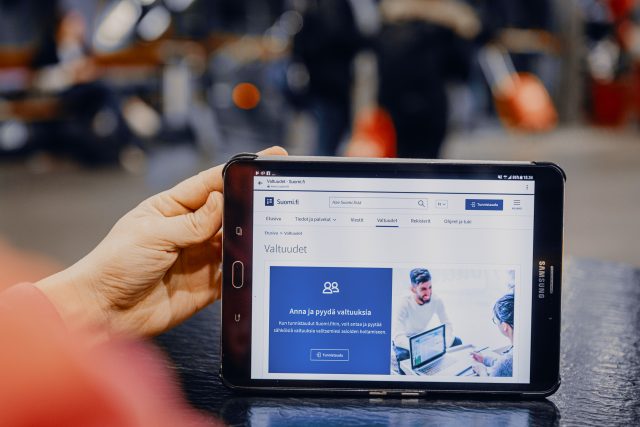
Finland has become the first country in the world to allow people to electronically authorize another person to make important decisions for them online.
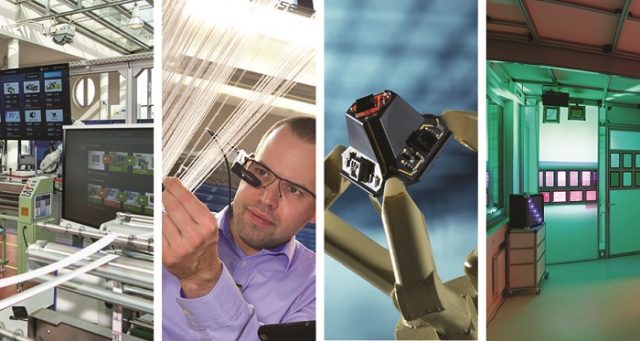
The government provides small- and medium-sized companies with expert guidance and advice on how to take part in the digital transformation, through a cross-sectoral programme of knowledge and technology transfer.